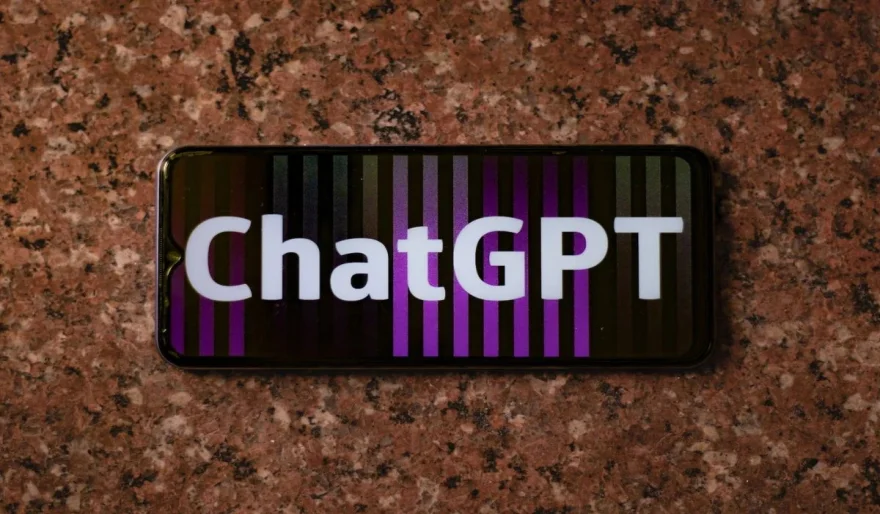Stay Ahead of the Curve
Latest AI news, expert analysis, bold opinions, and key trends — delivered to your inbox.
OpenAI won’t watermark ChatGPT text to avoid users potentially getting caught.
2 min read OpenAI, the creators of the wildly popular ChatGPT, is facing a complex challenge: how to balance the need for watermarking AI-generated text with user privacy and utility. August 05, 2024 07:27
OpenAI, the creators of ChatGPT, is caught in a complex dilemma: whether or not to watermark text generated by its AI model. While watermarking could be a powerful tool for identifying AI-generated content, it's not without its challenges.
The Case for Watermarking
Watermarking text generated by AI offers several potential benefits:
- Combating Misinformation: By identifying AI-generated content, it can help to curb the spread of misinformation and deepfakes.
- Protecting Intellectual Property: It can deter plagiarism and unauthorized use of AI-generated content.
- Enhancing Transparency: Watermarking can increase transparency around the use of AI in content creation.
The Challenges Ahead
However, implementing watermarking isn't without its hurdles:
- User Backlash: OpenAI has conducted surveys suggesting that a significant portion of users would be less likely to use ChatGPT if their text was watermarked.
- Technical Challenges: Developing a robust watermarking system that doesn't compromise the quality or functionality of the generated text is complex.
- Potential for Circumvention: Even with watermarking, there's always a risk that malicious actors could find ways to remove or obscure the watermark.
Striking a Balance
OpenAI faces a difficult decision. While watermarking offers potential benefits, it also comes with challenges and trade-offs. The company must carefully consider the implications of its decision and find a balance between transparency, user experience, and the potential misuse of AI-generated content.
Ultimately, the success of watermarking will depend on its effectiveness, user acceptance, and the broader ecosystem's response to this technology.



















 AI Agents
AI Agents